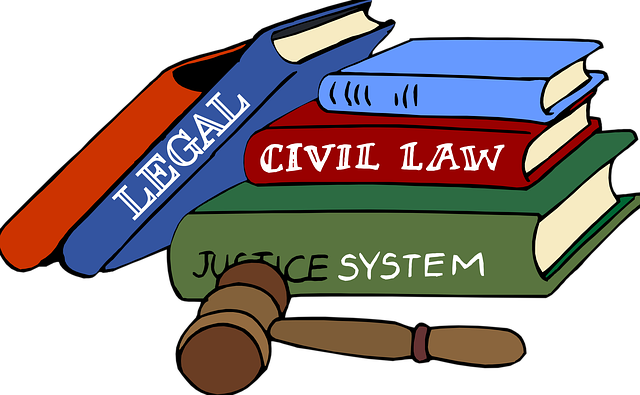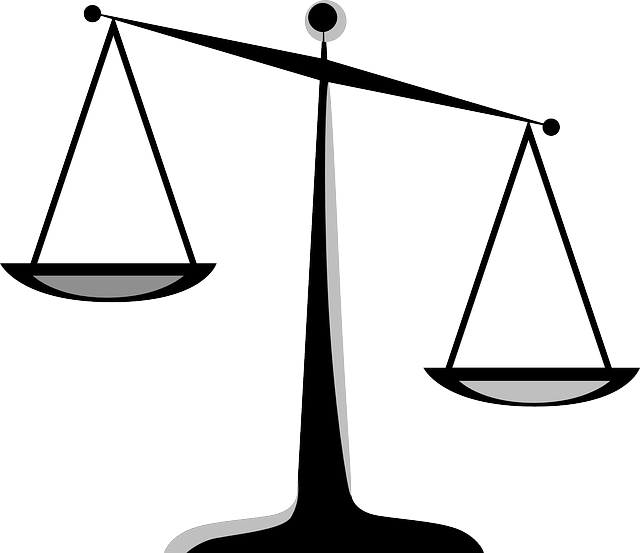Oregon attorney insights into contempt play a vital role in navigating legal proceedings. They offer specialized knowledge, focusing on unique case circumstances and evidence to ensure fair outcomes. By understanding diverse forms of contempt, from direct disobedience to indirect obstructions, professionals strategize effectively. Key strategies include clarifying court orders, gathering evidence, and fostering collaboration. Distinguishing between civil and criminal contempt is crucial for appropriate penalties. Effective communication clarifies rights, simplifies legal concepts, and ensures successful resolution, emphasizing Oregon attorney expertise in contempt.
“Oregon attorneys offer valuable legal commentary on the intricate topic of contempt, providing essential insights for those navigating these complex cases. This article delves into the unique perspective of Oregon practitioners, exploring their experiences with contempt charges and strategies employed in defense. We dissect the legal definition of contempt, its distinction as civil or criminal, and emphasize effective communication tactics within these proceedings. Gain Oregon attorney insights on contempt to understand the nuances and best practices for successful case management.”
- Oregon Attorneys' Perspective on Contempt Cases
- Understanding Legal Definition of Contempt
- Strategies for Defending Against Contempt Charges
- When Contempt Becomes a Civil or Criminal Matter
- Effective Communication in Contempt Proceedings
Oregon Attorneys' Perspective on Contempt Cases

Oregon attorneys offer unique insights into the complex world of contempt cases, emphasizing their nuanced understanding of state laws and procedures. They highlight the importance of a thorough examination of each case, considering the specific circumstances and evidence presented to ensure just outcomes. Oregon’s legal professionals navigate these intricate matters with expertise, focusing on the balance between upholding court orders and respecting individual rights.
Contempt cases, according to these attorneys, demand meticulous attention to detail and a deep understanding of procedural nuances. They advocate for a fair and balanced approach, ensuring that penalties are proportionate to the violation while also promoting compliance with court mandates. Oregon attorney insights into contempt underscore the critical role they play in maintaining the integrity of legal proceedings and fostering a just society.
Understanding Legal Definition of Contempt

Contempt is a legal term carrying significant weight in Oregon’s judicial system, as defined by Oregon attorney insights on contempt. It refers to the willful failure or refusal to comply with a court order or engage in conduct that obstructs the administration of justice. Understanding this definition is crucial for both attorneys and individuals navigating legal proceedings in Oregon.
Oregon attorneys emphasize that contempt can take various forms, including direct disobedience to court orders, such as refusing to provide evidence or attend hearings, as well as indirect obstructions like tampering with witnesses or delaying trials. Recognizing these different manifestations is essential for effectively addressing and defending against charges of contempt, ensuring fairness and due process within the legal system.
Strategies for Defending Against Contempt Charges

Oregon attorneys who specialize in civil litigation know that contempt charges can be a delicate matter. When faced with such allegations, strategic defense is key. One effective approach is to scrutinize the underlying order for clarity and ensure it’s specific, unambiguous, and enforceable. If there’s room for interpretation, engaging in open dialogue with the court can help clarify expectations.
Additionally, Oregon attorneys should gather compelling evidence demonstrating a lack of willful disregard for the court’s authority. This may involve presenting documentation of attempts to comply or extenuating circumstances that led to any perceived non-compliance. A well-prepared defense not only challenges the allegations but also fosters a collaborative environment, allowing for a mutually agreeable resolution.
When Contempt Becomes a Civil or Criminal Matter

In Oregon, the issue of contempt can arise in various contexts, and for attorneys navigating legal disputes, understanding when contempt crosses the line into a civil or criminal matter is crucial. The distinction matters greatly as it dictates the potential penalties and procedures involved. Civil contempt typically arises from a failure to comply with a court order designed to enforce a prior judgment or settlement. Oregon attorneys often encounter this in situations where a party fails to make alimony payments, violate restraining orders, or refuse to produce documents as ordered. In such cases, the focus is on coercing compliance rather than punishment for an act itself.
Criminal contempt, on the other hand, involves willful disregard for a court’s authority and is considered a crime. Oregon attorneys may see this in instances where individuals challenge court orders with knowledge of their validity or interfere with judicial proceedings. Unlike civil contempt, criminal contempt carries potential imprisonment and fines as penalties. The key difference lies in the intent behind the contemnor’s actions: whether they were intended to coerce compliance or defy the court’s authority maliciously.
Effective Communication in Contempt Proceedings

Effective communication plays a pivotal role in contempt proceedings, as it ensures that all parties involved understand their rights and obligations. Oregon attorneys specializing in contempt cases emphasize the importance of clear, concise, and transparent dialogue throughout the process. This includes effectively conveying complex legal concepts to clients, opposing counsel, and the court.
For instance, an Oregon attorney insights on contempt might highlight the need for proactive communication when presenting evidence or arguments. Articulating legal strategies in a comprehensible manner can enhance the court’s understanding and lead to more favorable outcomes. Moreover, active listening ensures that all stakeholders’ concerns are addressed, fostering a collaborative environment that is essential for resolving contempt issues successfully.






